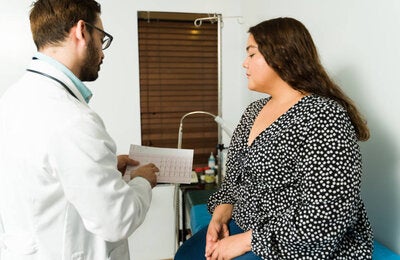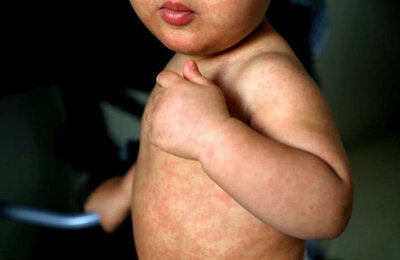
 One of Spain's highest honors, the Prince of Asturias Award, was presented to the World Health Organization (WHO) for its technical cooperation in health in member countries throughout the world. The award recognizes WHO's global leadership on the critical health issues faced
by a changing world.
One of Spain's highest honors, the Prince of Asturias Award, was presented to the World Health Organization (WHO) for its technical cooperation in health in member countries throughout the world. The award recognizes WHO's global leadership on the critical health issues faced
by a changing world.Oviedo, Spain, 22 October 2009 — One of Spain's highest honors, the Prince of Asturias Award, was presented today to the World Health Organization (WHO) for its technical cooperation in health in member countries throughout the world.
The 2009 award for international cooperation, one of eight categories of winners honored by the Prince of Asturias Foundation, recognizes WHO's global leadership on the critical health issues faced by a changing world.
In deciding the award, a 26-member jury singled out WHO's "capacity to set the agenda for research in health matters, establish standards, and formulate policies that combine both ethical and scientific principles, as well as providing technical support to those countries in need."
WHO Director-General Dr. Margaret Chan travelled to Oviedo, Spain, to receive the award, accompanied by Dr. Mirta Roses Periago, Director of the Pan American Health Organization (PAHO), and representatives of WHO's five other regional offices. PAHO serves as the Regional Office for the Americas of WHO.
She noted that new challenges including the globalization of unhealthy lifestyles, expanding human settlements, climate change, and persisting global inequities make it critical that nations work together to protect health and to ensure that medical and scientific advances are shared more fairly.
WHO is the United Nations System's lead agency in health. The organization's agenda is set by its 193 member countries working closely with the Secretariat to address the most pressing issues that threaten people's health and well-being. Some 8,000 public health experts work in over 160 WHO offices around the world to promote health development and security, to strengthen health systems, to harness evidence from medical and public health research and practice, to build partnerships for health, and to improve the quality of WHO's technical cooperation.
PAHO is one of six WHO regional offices and covers all of the Americas. The other regional offices are for Africa, the Eastern Mediterranean, Europe, South East Asia, and the Western Pacific.
For more information contact Donna Eberwine-Villagrán (eberwind@paho.org), Public Information Officer, Knowledge Management and Communication, Tel. 1 202 974 3122, www.paho.org
LINKS



